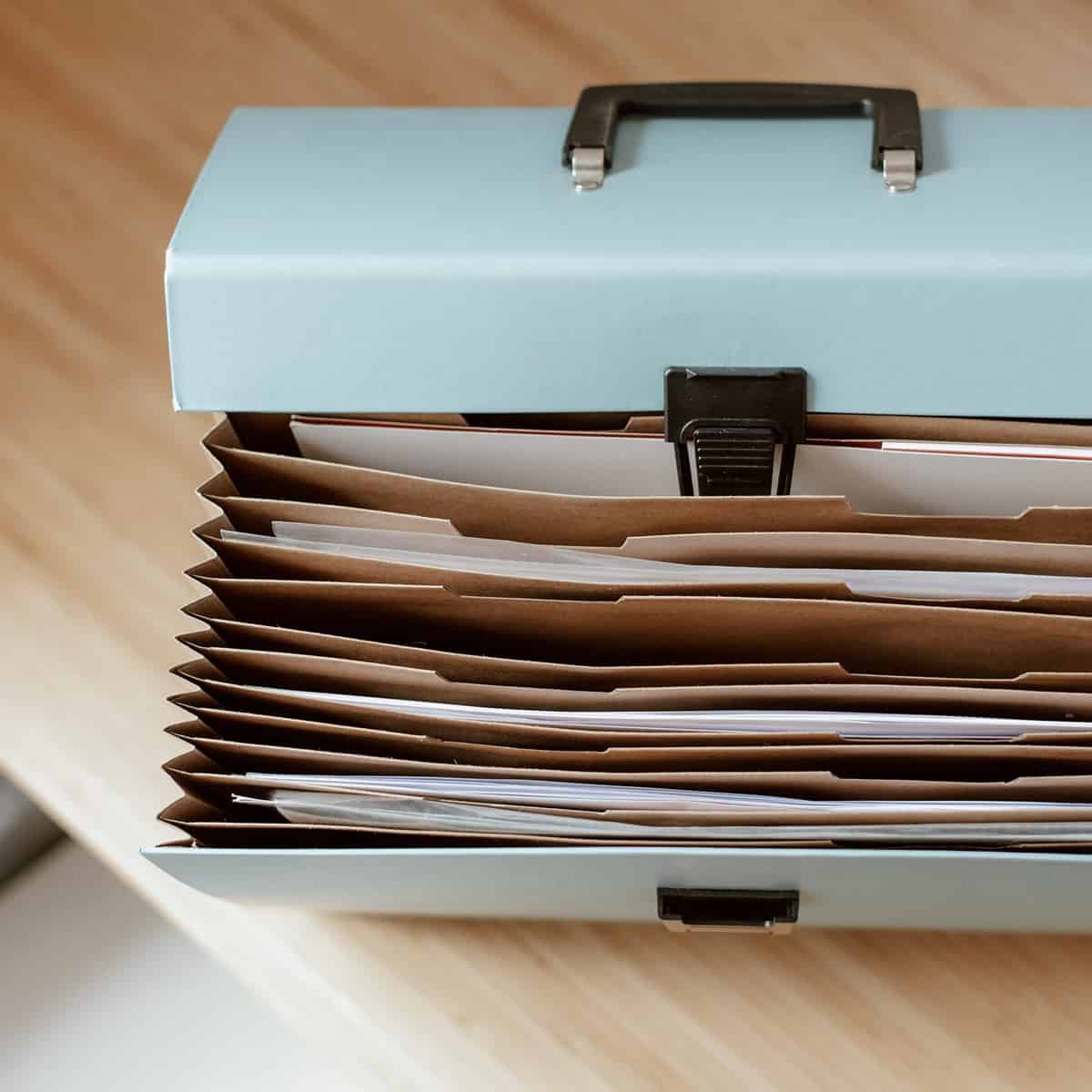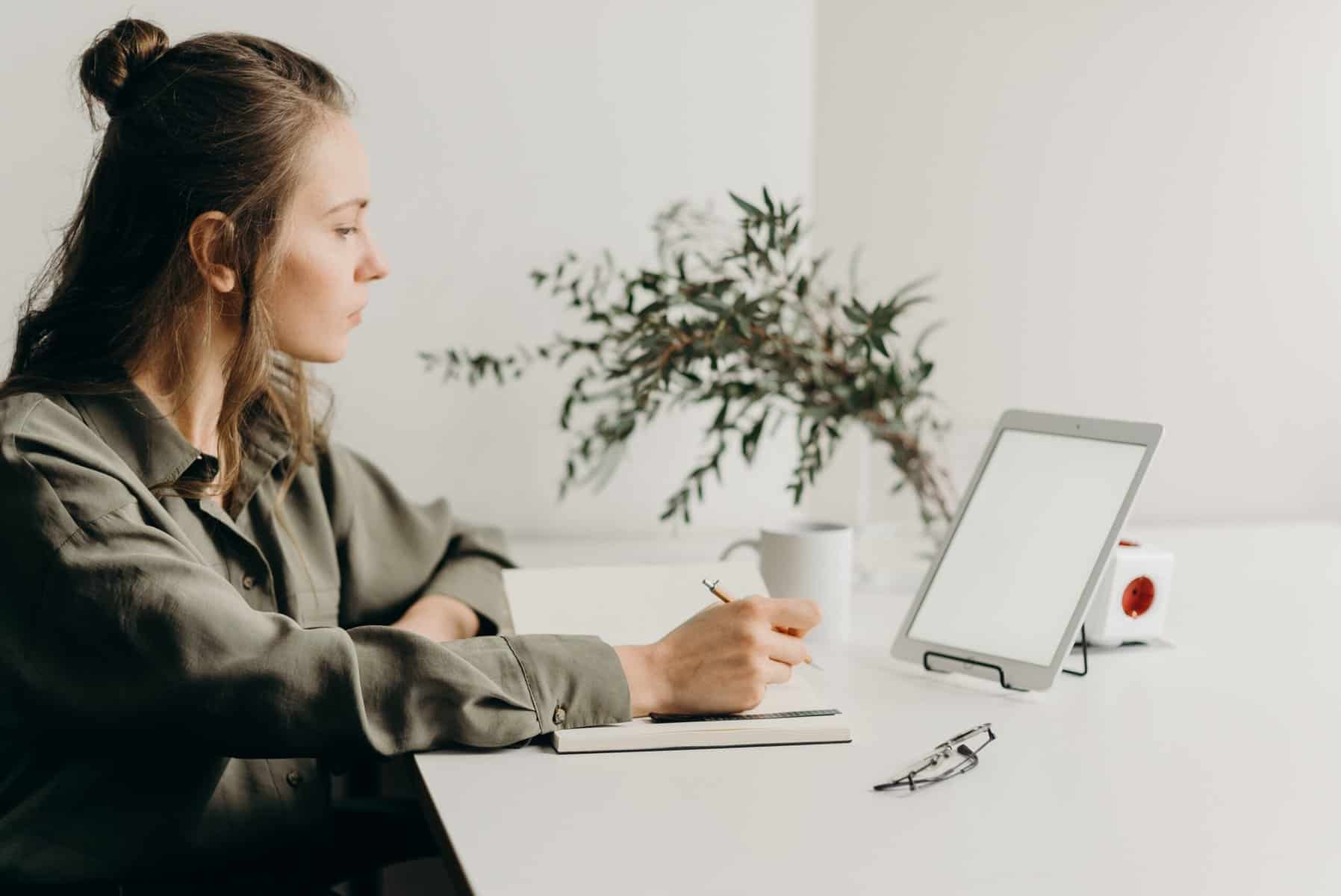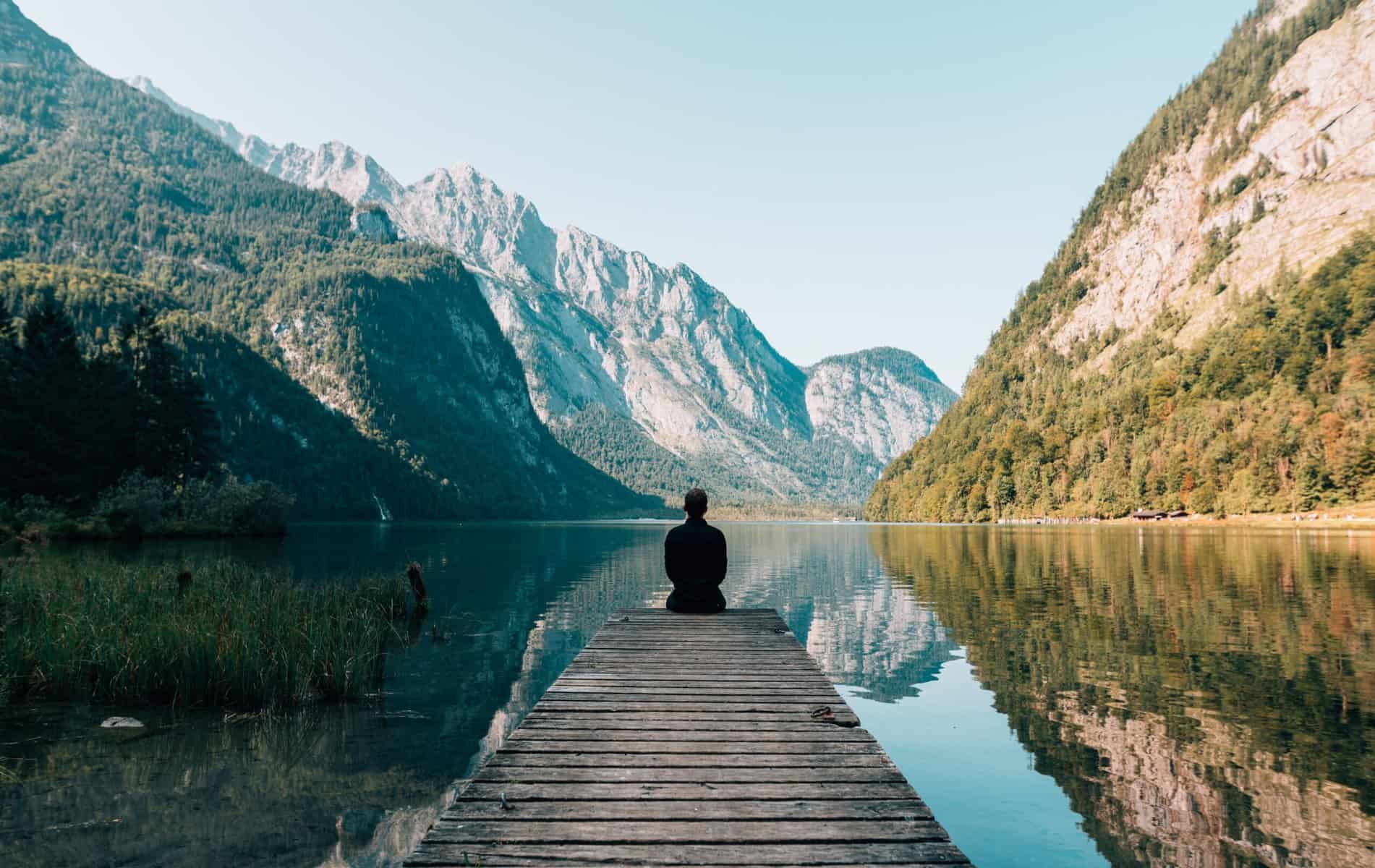Rest is often seen as a luxury rather than a necessity, but the truth is that rest is just as important for our health, productivity, and the planet as exercise and nutrition. In this blog post, I explore the many health benefits of rest and provide practical tips for incorporating more rest into your daily routine.
In defence of rest
First and foremost, rest is essential for our physical and mental health. When we sleep, our bodies repair and regenerate, and a lack of sleep can lead to a host of health problems including weight gain, diabetes, heart disease, and even a shortened lifespan. In addition to the physical benefits of sleep, rest also plays a crucial role in our mental health. Sleep helps to consolidate memories, process emotions, and restore brain function. Conversely, lack of sleep can lead to mood swings, poor decision-making, and difficulty concentrating.
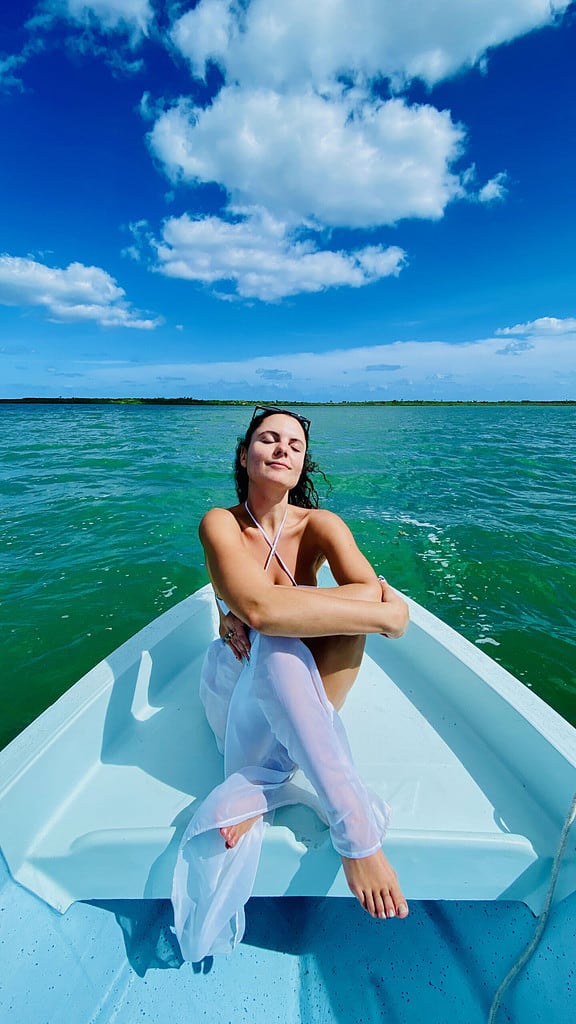
In terms of productivity, rest is just as important as work. In fact, studies have shown that taking regular breaks and getting enough sleep can actually increase productivity and creativity. When we rest, our brains have the chance to process and consolidate information, which can lead to more efficient problem-solving and decision-making. Rest also helps us to feel more energized and focused, which can make us more productive when we return to work.
In addition to the benefits for individuals, rest has a positive impact on the planet. When we take time off, our bodies use less energy, which can reduce our carbon footprint. In fact, according to a study published in the journal Environmental Science & Technology, the energy saved from one person sleeping for an extra hour per night is equivalent to the energy saved by taking a car off the road for a year.
Finally, there are many books that delve deeper into the importance of rest and how to get more of it. Some great options include “The Sleep Revolution” by Arianna Huffington and “Why We Sleep” by Matthew Walker.
According to a study published in the journal Environmental Science & Technology, the energy saved from one person sleeping for an extra hour per night is equivalent to the energy saved by taking a car off the road for a year.
How to get better at resting?
So, how can we incorporate more rest into our daily routines? Here are a few practical tips:
First, set a bedtime and stick to it. It can be tempting to stay up late to finish a project or watch one more episode, but getting a consistent amount of sleep is crucial for our health and productivity.
Then, create a relaxing bedtime routine. This could include reading a book, taking a warm bath, or practicing deep breathing.
Avoid screens before bed. The blue light emitted by screens can disrupt our sleep patterns, so it’s best to avoid screens for at least an hour before bedtime.
Take regular breaks. It’s important to take breaks from work to rest and recharge. This could be as simple as taking a short walk or stretching during the day.
Finally, consider power naps. If you’re feeling tired during the day, a short nap (20-30 minutes) can help to boost your energy and productivity.
How long should your vacation be?
Studies have shown that taking a vacation can reduce stress, increase happiness and life satisfaction, and even improve heart health. Actually, one study found that the benefits of a vacation begin to appear after just a few days and continue to increase until about the eight-day mark, after which they begin to level off. However, the study also found that the benefits of a vacation tend to fade relatively quickly after the vacation is over.
The advised minimum time for a vacation to fully reset depends on a number of factors, including the individual’s work schedule and responsibilities, their personal preferences, and the type of vacation they are taking. However, it’s important to note that the length of a vacation alone is not the only factor that determines its effectiveness at reducing stress. Other factors such as the quality of the vacation (e.g., relaxation, meaningful activities, social connections) and the individual’s level of engagement in the vacation experience also play a role. Therefore, when determining the length of your vacation, it may be helpful to consider factors such as the amount of time off available, the cost and logistics of the vacation, and the potential benefits of a longer or shorter vacation.
In conclusion, rest is essential for our physical and mental health, productivity, and the planet. By incorporating more rest into our daily routines and prioritising sleep, as well as taking high-quality vacation, we can improve our overall well-being and make a positive impact on the world around us.
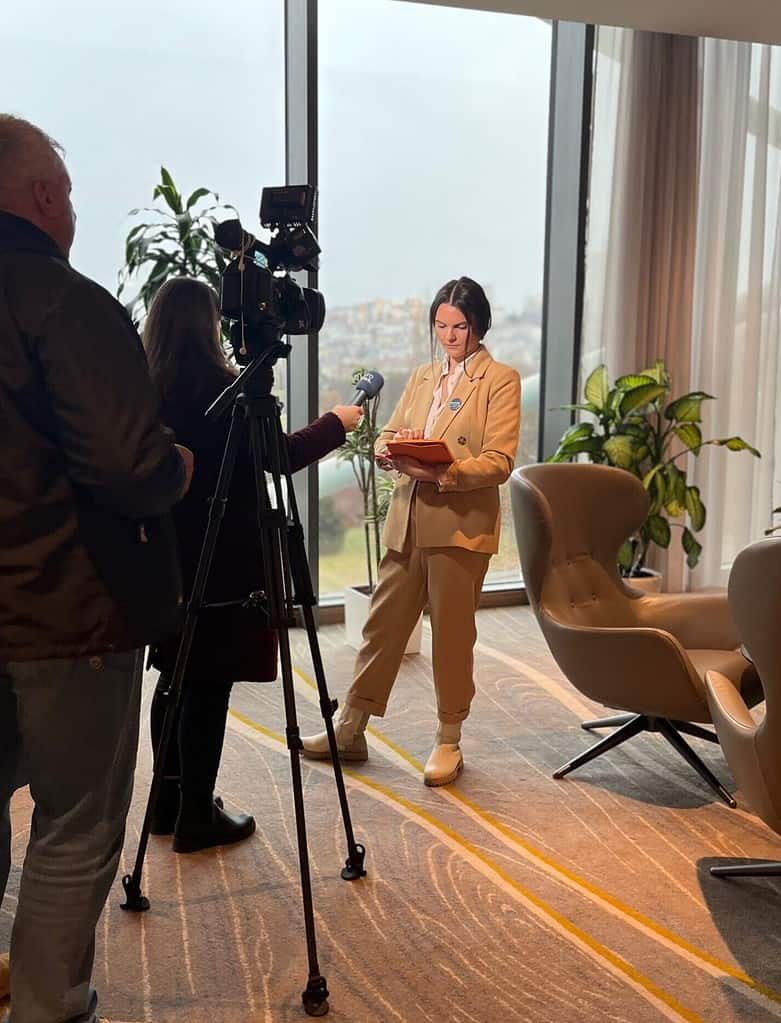
Hi! I’m Sophie
I am a social scientist and world explorer. In my work, I analyse the evolving meaning of security. I enjoy traveling, yoga, and electronic music in my free time. I consider myself an enthusiastic feminist and self-care advocate.
Read more posts like this:
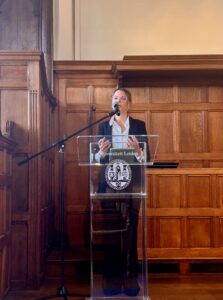
Countering Misinformation in the EU: My Doctoral Speech
I gave a short speech at the start of my PhD defence ceremony to introduce my dissertation “Countering Misinformation in the European Union”.
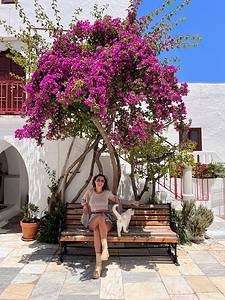
3 Unconventional Things To Do in Mykonos
Discover 3 unconventional things to do in Mykonos that go beyond beaches and parties, from lighthouses to abandoned mines and monasteries.

The 5 Best Places to Eat in Athens, Greece
Discover the best places to eat in Athens, from creative dishes to classic souvlaki, in this down to earth food guide.

3 Astonishing Places to Visit in Mexico City
Mexico City is massive. But also colourful, chaotic, creative, and full of surprises. Whether you’re here for a few days or a few months, there’s

The Best Restaurants in Mexico City for Authentic Cuisine
Discover the best restaurants in Mexico City serving truly authentic local cuisine: tacos, mole, tamales, and more!

I asked my Therapist 6 Thought-Provoking Questions about Mental Health
In this interview with my therapist, I go through thought-provoking questions about mental health to help anyone improve their wellbeing.

